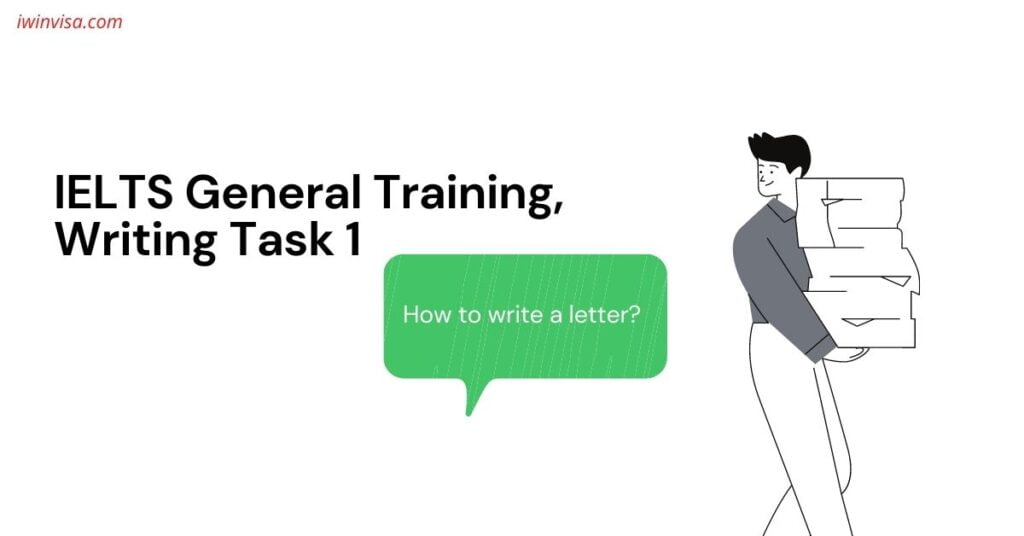The reading section of the IELTS is the second part of the exam and is held instantly after the listening exam. You will get 60 minutes for completing the three passages, and it includes a total of 40 questions.
Sounds straight, correct?
Ahem, it isn’t as easy as it seems! That is why students search for how to improve reading skills in IELTS.
Students’ main problem while preparing for the IELTS reading section is understanding the long three passages and correctly answering the questions about what you are skimming in one hour.
Note: In the case of academic reading, you will get the difficult passages. So be ready for practice to clear the reading exam with flying colors.
An overview of the IELTS reading section-
- Number of passage= 3
- Total questions= 40
- Duration of test= 60 minutes
Many students have a question about how to manage time in IELTS reading? So, the explanation to this question is in this blog.
Stay tuned!
First, we will discuss the types of questions in the reading section.
Types Of IELTS Reading Questions-
1 Multiple choice
In this test, you will get multiple-choice questions (MCQs). Your task is to choose the correct answers from the list of available options.
2 Short answer questions
These are sometimes referred to as ‘comprehension’ questions, and they may be found in English schools all around the world. Most students have already answered these kinds of questions, and as a result, they tend to perform pretty well with them.
3 Matching the endings of the sentence
In this type of reading question, you will get a list of unfinished sentences with no ends, and you will get the other lists with possible endings. Your task is to match the unfinished sentences with the accurate finish depending on the reading.
4 Completing sentence with words
In this type of question, you will get so many sentences with blanks, and you are asked to complete the blank with the text from reading.
5 True, false, and not given
In this, you have to identify whether the information is correct or not. You will get some sentences, and you have to study them from the text if they are true or not, or there is no information mentioned in the paragraph.
6 Give headings to the paragraphs
These are the questions in which you have to match the headings with paragraphs. In these questions, the examiner will check your skill to know the main concept of the paragraph.
7 Answer the diagram blanks
In the reading test, you may get the questions in the diagram where you have to complete the sentences. It may be in the steps or process.
You must know these reading IELTS test questions to understand how to improve reading skills in IELTS.
Step by step guide on how to improve reading skills in IELTS-
Step 1- Enhance your speed of reading
Slow reading speed affects your reading band score. On average, students face difficulty in completing the last passage. So you can improve your reading speed by reading the newspaper, magazine, journals, etc.
Step 2- Understand the pattern first.
If you do not have any clue about your enemy, you can’t win the war.
For many students, IELTS is a war because they don’t know the types of questions. So, if you don’t understand the pattern, you can’t achieve the desired band score. Therefore, know the pattern first.
Step 3- Develop a scanning and skimming habit.
You may have heard about this skill. If you don’t know about it, then don’t worry. Here we will tell you about both-
a) Scanning
Let’s understand this through an example. Assume you’re looking for an office chair for your work from home. So you go shopping in a mall.
Do you start examining each piece of furniture on your way to the furniture department now?
No, no, no, no, no, no…..
You scan the scene rapidly to determine where the chairs are kept. This procedure is scanning.
Similarly, while scanning a paragraph, you must know what you want to read. It can be a particular year or a specific name when an individual occasion occurs. You move your eyes over the words to find the exact term. It assists you in being very objective while digging for answers and saves your time.
b) Skimming
Let’s get on with our office chair shopping example. Do you usually try each chair after knowing the spot of the chair?
No….
Instead, most of us approach salespeople and tell them what characteristics we want. As a result, most dealers will narrow down your options to two or three seats. So, you got the exact essential chairs.
Similarly, it is necessary to read the paragraph fast to get the idea of the entire paragraph when reading. Understanding the heart of the paragraph gives us confidence in our search for answers.
Step 4- Don’t read unnecessary things again and again.
When reading typical sentences, we usually read complex sentences and words more than once to understand what the writer wants to say. Moreover, we must realize that we can’t recall everything we read for the first time.
You can give 15 minutes to the first paragraph and 20 minutes to the second and third paragraphs so that you can get 5 minutes spare for checking the answers.
Additional tips for understanding how to improve reading skills in IELTS
Time management is the key
You’ll only have one hour to finish 40 questions, so make the most of it. I tell my IELTS aspirants to complete each passage in 20 minutes. You’ll have 16-17 minutes to read and answer the questions, plus 3-4 minutes to transmit and double-check your answers. It is one of the important tips that you need to understand how to improve reading skills in IELTS.
Pay close attention to the instructions.
Many good applicants fail the IELTS reading section because they don’t pay attention to the instructions carefully. To avoid losing simple marks, pay strict attention to the directions you’re provided.
Don’t get panic
Some questions are more difficult, and some are easy. Most students adopt the wrong approach to spend much time on the hard questions. If the answer does not appear, continue to the next question. You can solve the challenging questions later.
You must maintain your peace and control your anxiety. Accepting that you will almost certainly not get all of the questions correct on exam day may help you manage your anxieties and timing. Less anxiety will lead you to know how to improve reading skills in IELTS.
It is a kind of vocabulary test.
The IELTS reading test is a type of vocabulary test. You must know about synonyms and paraphrasing to identify the answers. That is why you need to command your vocabulary so that you can understand the passages.
Don’t try to understand each word.
If you try to understand every word of the paragraph, you cannot complete the test on time. Focus on the words used in the questions, and after that, try to find out the answers.
Wrap up!
These tips will surely help you clear the reading test if you follow them seriously. All the information mentioned above will help you understand how to improve reading skills in IELTS.
You can excel in every module with the right kind of practice, whether a speaking test or a reading test. Moreover, you can opt for coaching to clarify your doubts with your teacher. They can also improve your command over the English language.
Do practice and read Iwin blogs to improve your skills!


